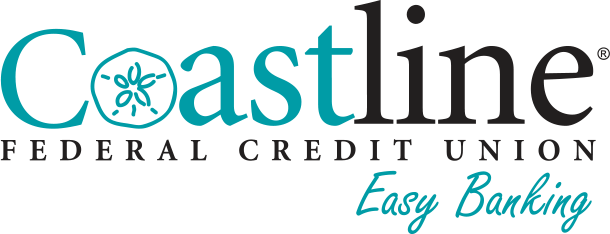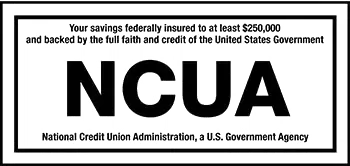In today’s world, a strong credit score serves as more than just a number. It’s the key to accessing better loan terms, lower interest rates, and even approval for rental properties or job applications. Whether you’re aiming to purchase a house, obtain a new credit card, or secure better financial footing, enhancing your credit score is vital. Discover a comprehensive guide below to help you boost your credit score and open doors to financial success.
Understanding Your Credit Score
Before delving into improvement strategies, it’s crucial to grasp what a credit score entails and how it’s calculated. Ranging from 300 to 850, the FICO Score stands as the most widely used scoring model in the United States. The higher your score, the stronger your creditworthiness.
FICO considers various factors when calculating your score, including:
- Payment History: Reflects whether you’ve consistently paid past credit accounts on time.
- Credit Utilization: Measures the proportion of credit you’re using compared to your total available credit. Keeping this ratio low is essential for a good score.
- Length of Credit History: Demonstrates your experience managing credit over time.
- Types of Credit: Having a diverse mix of credit types can positively affect your score.
- New Credit and Inquiries: Opening multiple new credit accounts within a short period can lower your score.
Strategies to Improve Your Credit Score
Now that you understand the components of your credit score, let’s explore strategies and actionable steps to enhance it:
- Monitor Your Credit Report: Obtain free copies of your credit report from Equifax, Experian, and TransUnion. Review them for errors and dispute any inaccuracies.
- Pay on Time: Consistently paying bills on time is the most effective way to maintain or improve your score.
- Reduce Credit Card Balances: Aim to keep your credit utilization ratio below 30% by paying down balances.
- Avoid Unnecessary Accounts: Be strategic about opening new accounts to avoid unnecessary inquiries.
- Keep Old Accounts Open: Maintaining older accounts helps maintain a longer credit history.
- Utilize Credit-Building Tools: Consider secured credit cards or credit-builder loans if you’re struggling to qualify for traditional credit.
- Address Defaults and Charge-Offs: Paying defaulted or charged-off loans can improve your score.
- Be Patient and Persistent: Improving your credit score takes time and dedication.
Your Credit Score and You
Your credit score plays a crucial role in your financial life. Understanding its importance and implementing strategies to enhance it empowers you to take control of your financial future. Whether you’re aiming to make significant purchases or secure better financial opportunities, investing in your credit score is a worthwhile endeavor. Start today by taking proactive steps to boost your creditworthiness and unlock a world of financial possibilities.



